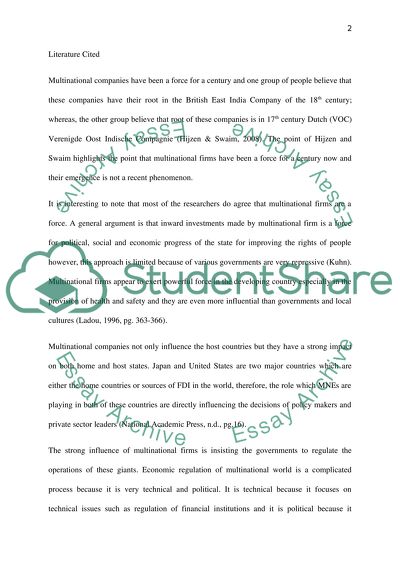Cite this document
(Multinational firms are a force for progress. Discuss Coursework - 1, n.d.)
Multinational firms are a force for progress. Discuss Coursework - 1. Retrieved from https://studentshare.org/macro-microeconomics/1564072-multinational-firms-are-a-force-for-progress8223-discuss
Multinational firms are a force for progress. Discuss Coursework - 1. Retrieved from https://studentshare.org/macro-microeconomics/1564072-multinational-firms-are-a-force-for-progress8223-discuss
(Multinational Firms Are a Force for Progress. Discuss Coursework - 1)
Multinational Firms Are a Force for Progress. Discuss Coursework - 1. https://studentshare.org/macro-microeconomics/1564072-multinational-firms-are-a-force-for-progress8223-discuss.
Multinational Firms Are a Force for Progress. Discuss Coursework - 1. https://studentshare.org/macro-microeconomics/1564072-multinational-firms-are-a-force-for-progress8223-discuss.
“Multinational Firms Are a Force for Progress. Discuss Coursework - 1”. https://studentshare.org/macro-microeconomics/1564072-multinational-firms-are-a-force-for-progress8223-discuss.


